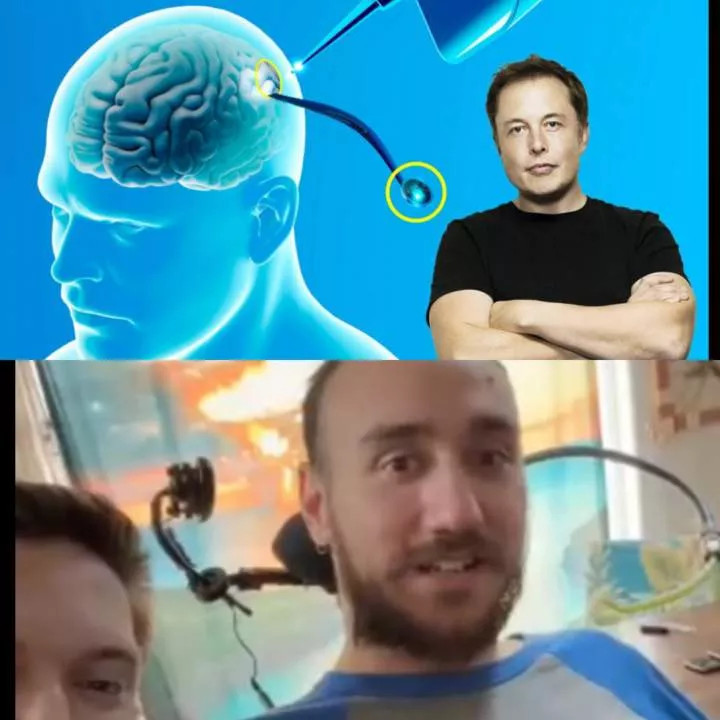
The first human to have Elon Musk's Neuralink computer chip surgically implanted in his brain demonstrated how he uses his thoughts to move a computer cursor around a screen to play online chess and toggle on and off a music stream.
Noland Arbaugh, a 29-year-old man who is paralyzed from the shoulders down due to a diving accident eight years ago, joined a live stream alongside a Neuralink engineer on X to show the public how the brain-computer interface tech works.
"It's all being done with my brain. If y'all can see the cursor moving around the screen, that's all me, y'all," he said while the live stream showed his cursor moving across an online chess game. "It's pretty cool, huh?"
The chip contains 1,000 electrodes programmed to gather data about the brain's neural activity and movement intention and then send that data to a Neuralink computer for decoding to transform the thoughts into action.
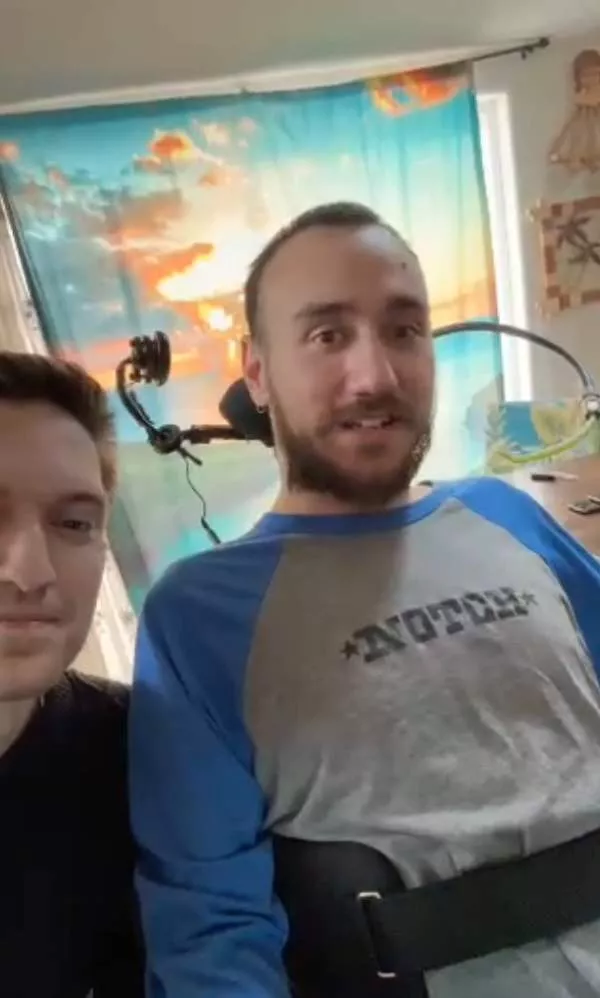
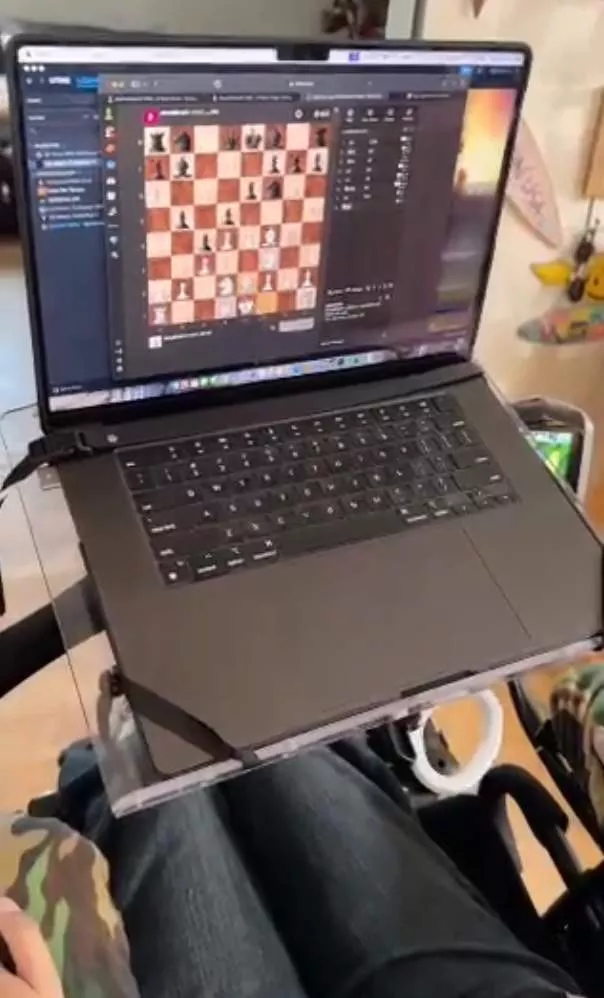
The brief 9-minute video stream posted on Neuralink's X account is the closest look the human tech startup formed by Elon Musk has shared with the public. The company, founded in 2016, has mostly kept information about its technology and human trials under wraps prompting calls for greater transparency.
Arbaugh explained that he simply imagines the cursor moving where he wants it to go and it does.
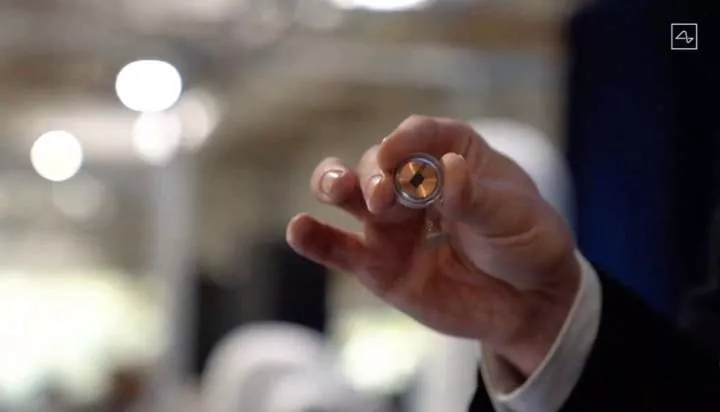
"Basically, it was like using the Force on the cursor and I could get it to move wherever I wanted. Just stare somewhere on the screen and it would move where I wanted it to, which was such a wild experience the first time it happened," he said, referencing "Star Wars."
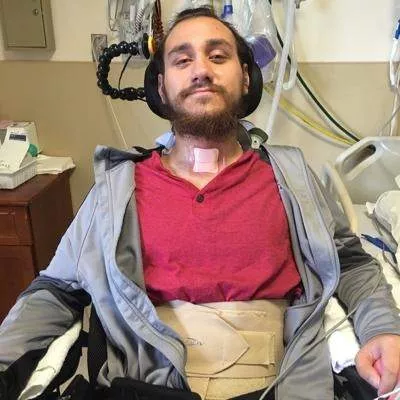
The quadriplegic became the first human test subject of the chip developed by the Elon Musk-owned company when a robot surgeon plugged the implant into his brain at the end of January.
He said the surgery was "super easy" and he was released from the hospital a day later with no cognitive impairments since.
"It's crazy, it really is. It's so cool. I'm so friggen lucky to be a part of this," he said. "Every day it seems like we're learning new stuff and I just can't describe how cool it is to be able to do this."
Before receiving the chip, Arbaugh would need another person's help to play online chess and video games like "Civilization VI."
"Now I can literally just lie in bed and play to my heart's content," he said at least until the battery of his rechargeable chip dies.
The US Food and Drug Administration permitted human trials of the brain chip last year after the company did hundreds of tests on animals and faced backlash from animal rights groups in the process.
Neuralink has not disclosed how many people will be enrolled in the six-year trial or where the trials will be held. It also has not registered its study on a government website logging medical trials involving human test subjects, according to Wired.
Arbaugh said he signed on to try the implant because he "wanted to be a part of something that I feel like it's going to change the world."
But he admitted being the first-ever human to get the chip implanted in his brain has not come without its challenges, without elaborating.
"It's not perfect. I would say that we have run into some issues," he told those watching the live stream. "I don't want people to think that this is the end of the journey. There's a lot of work to be done. But it has already changed my life."
Watch the video below

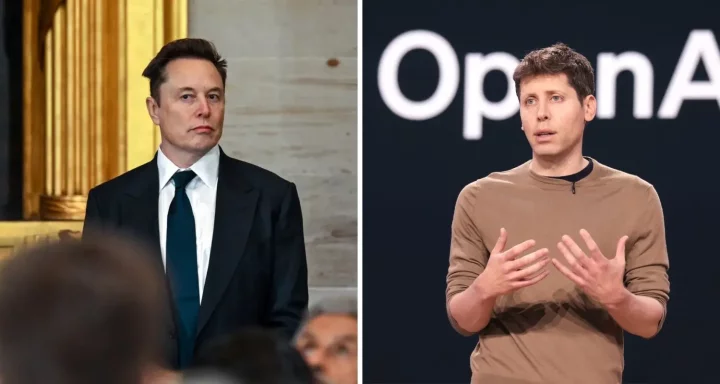

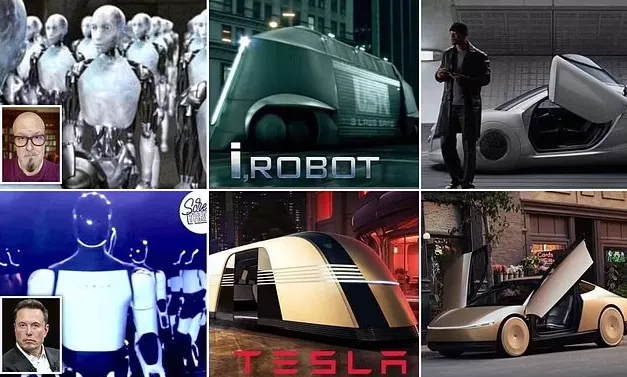

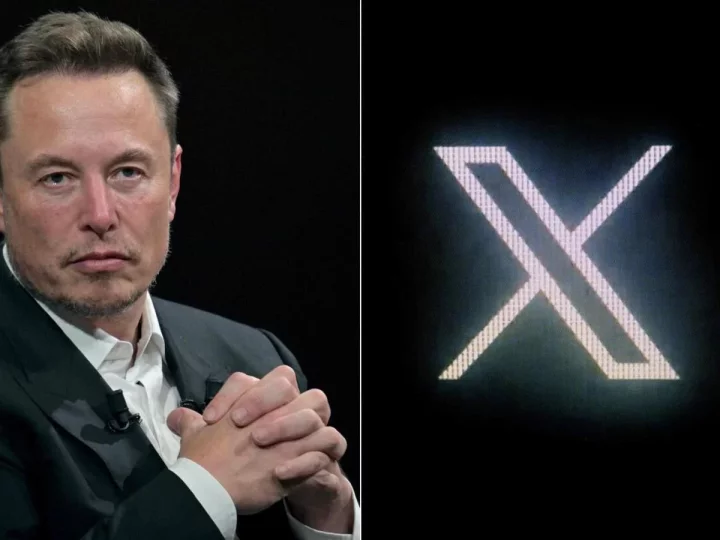





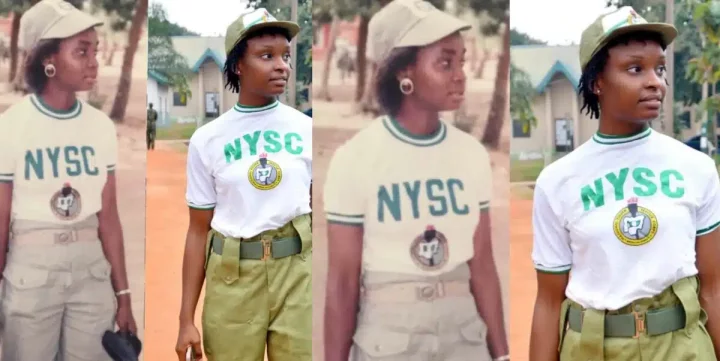





Comments